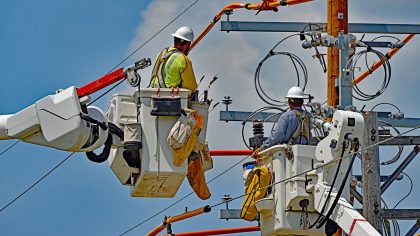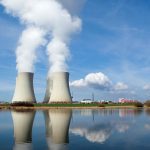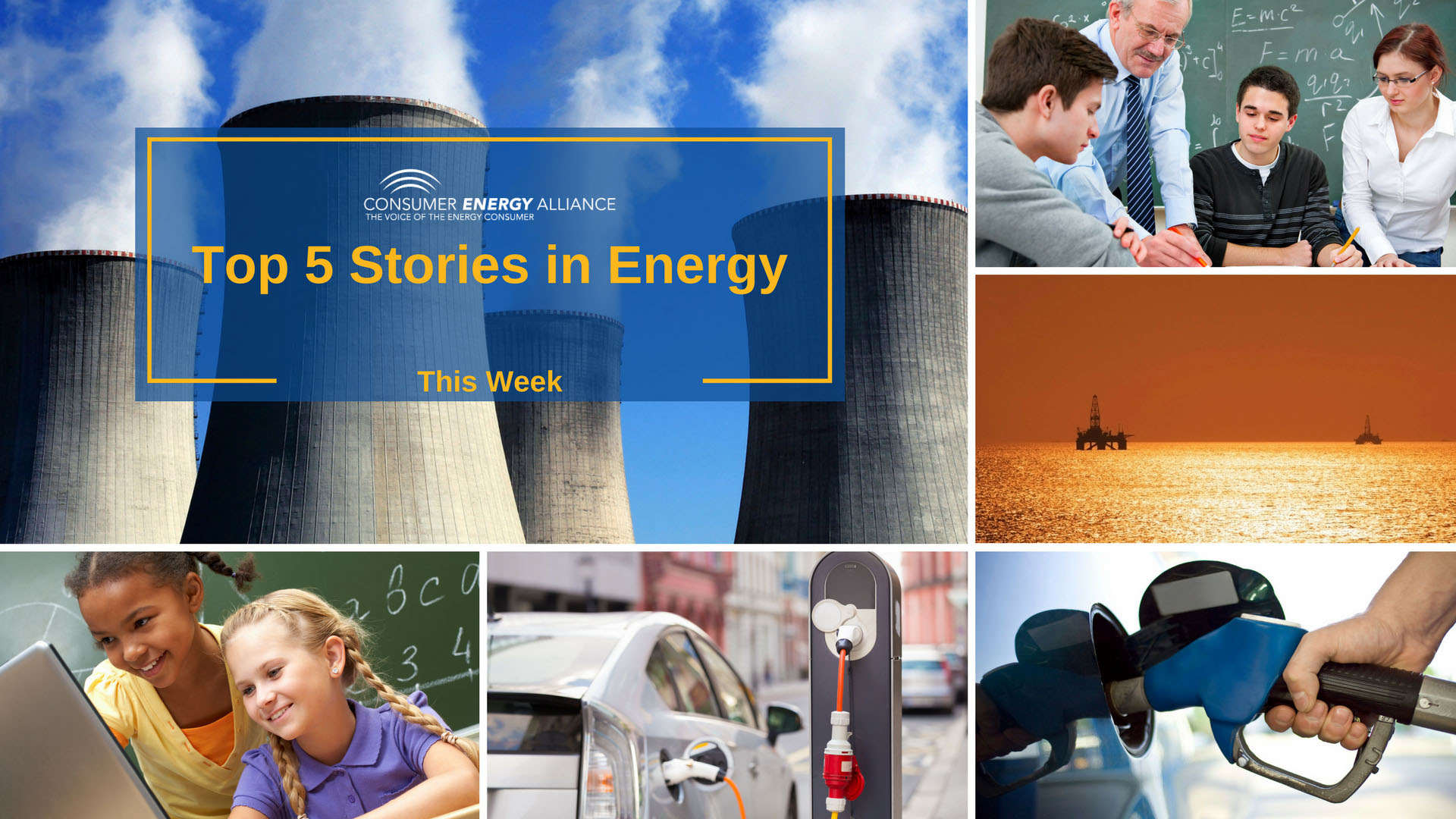The coronavirus has topped headlines, and taken over news feeds all week. We learned what social distancing was, in order to help out, the National Park Service waived entrance fees to visitors. Some even made the case that social distancing would aid in saving lives now, but could also help with an economic recovery in the future. Not to mention the sick beat we got from a video Cardi B shared on the virus. We decided to lean in and help you understand how the virus is impacting the energy industry. Just in case you missed last week’s stories, you can find those right here.
Among the chaos and uncertainty brought about by the virus, it is nice to know that we will still have power to light our homes. 
Utility companies are no strangers to disaster plans, and this pandemic is no different. When it comes to grid maintenance the U.S. has some of the best plans in place. Between threats from cyber attacks, weather and other disasters the wonderful people running the grid are just as confident in their ability to keep the grid up through the COVID-19 outbreak. The Los Angeles Times shares full details here.
Legislation is having a harder time deciding on a plan amid the coronavirus pandemic. 
Oil prices have plummeted in the last week, which forces energy regulators to question if regulations should continue to be implemented or delayed until we start to flatten the curve. The Hill reports on the rest of the story here.
It’s clean energy’s time to shine! 
The International Energy Agency has used this opportunity to persuade administrations to implement policies toward clean energy initiatives. Most agencies at this time are focused on reacting to the novel coronavirus, but the IEA warns that we all stay focused on building a secure, sustainable future. Axios wraps up this article here.
In fact, we’ve seen what a clean energy future looks like as a side effect of the coronavirus. 
Most of us feel like we’re looking out at a ghost town for the rare times we leave our houses, but also among the starkness of the absence of people is the absence of pollution. The factual evidence being that less human activity means less pollution. NBC News digs into the details here.
Even though we’re seeing less pollution now, the inevitable return to daily human life will impact those numbers. 
The Chinese government holds that their environmental rules still currently apply, but they will be lax in force so that factories can get back to speed once society gets back to a normal daily production. This begs the question, are the low emissions now going to even out the mass production that will start back up soon? Vice reports more here.

